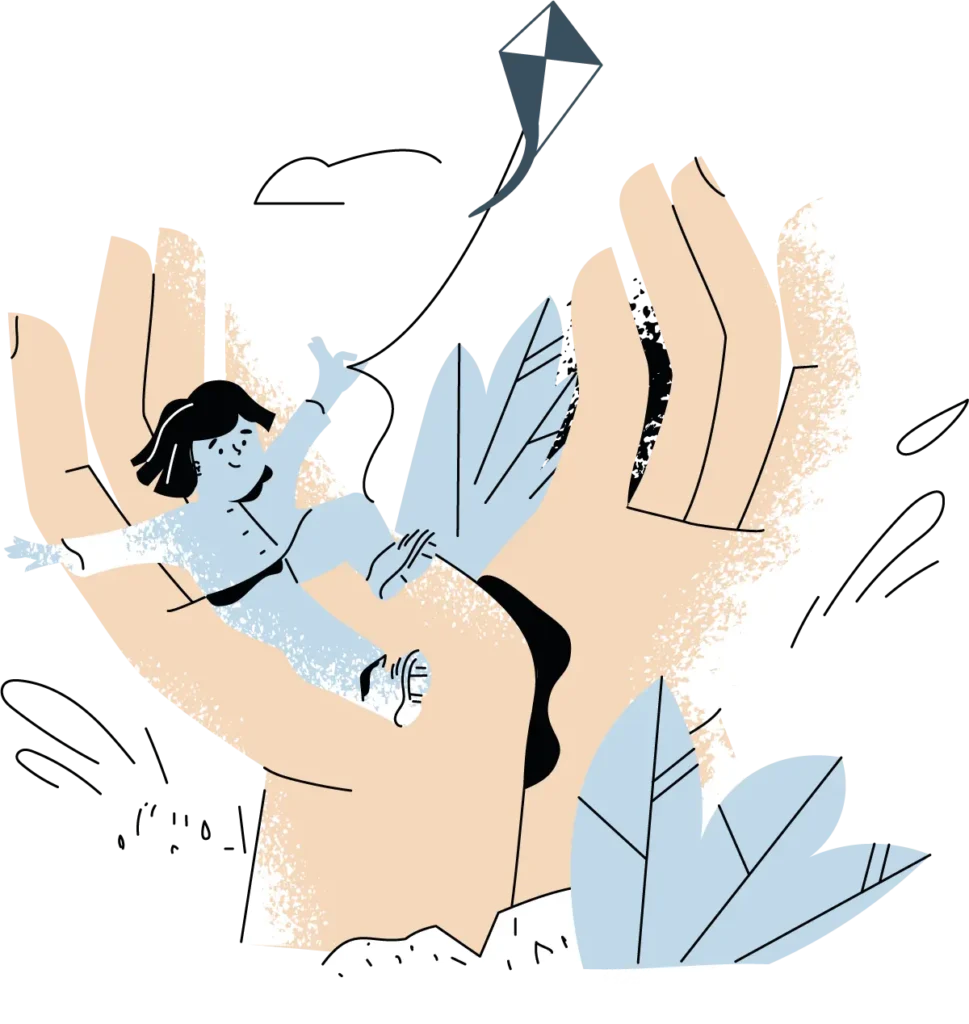Early intervention is key with childhood mental health. Here at Cadey, we want to help you understand what is happening with your child and for you to be able to access help quickly and affordably.
We are often asked about autism and other related challenges like ADHD, sensory symptoms, depression, and anxiety and how they are related and different.
Autism can be complex and may overlap with many other diagnoses.
This is important to consider because a clear understanding of your child can create a more effective treatment plan.
- Sometimes, autism is suspected, but anxiety, ADHD, trauma, attachment, or another disability is the underlying problem instead.
- Other times, more than one diagnosis is applicable. Children with autism are at a higher risk for having other disabilities like ADHD and anxiety. Sensory Processing challenges are common symptoms for kids with autism, ADHD, and anxiety.
Would you like to learn more about the signs of autism? Check out Cadey’s courses.
Autism & ADHD
Many children with autism are first diagnosed with ADHD. That does not necessarily mean that the diagnosis is wrong. Up to 60% of children on the autism spectrum may also have ADHD.
- Sometimes the tendency for a child on the Spectrum to be internally distracted, or focused on something in their head, may look to observers like a lack of focused attention.
- Sometimes children with autism don’t shift attention well, thus they may be doing what the rest of the class was doing 20 minutes ago. This behavior can look inattentive or defiant.
Autism & Anxiety
Up to 42% of children on the autism spectrum may also have significant anxiety.
- Children with ASD are more likely to have a phobia than the general population.
- Sometimes children with autism can be bossy or controlling.
- Often children with ASD are anxious because they struggle in social situations and do best when things are predictable.
Many girls on the Spectrum are diagnosed with anxiety first.
- Autism can be harder to spot in girls because some symptoms like restricted interests may be harder to notice in girls.
- Due to how we raise girls in our culture, they then to have better nonverbal communication skills and coping skills
Autism & Depression
50% of individuals on the autism spectrum may experience depression in their lifetime.
- Sometimes, teens with ASD really struggle to express and put words to feelings. They may report feeling “nothing at all,” but others may notice signs of depression. These kids might perceive mistreatment from peers when it is not there.
- Children with autism are also more likely to experience bullying.
Autism Spectrum Disorders can be confused with trauma, OCD, and attachment disorders.
- Sometimes social behavior is impaired for reasons that are not autism.
- Some children on the Spectrum have other underlying medical challenges while others do not.
- Often children with ASD struggle with sleep, eating, and toileting or have significant sensory difficulties.
If you would like to learn more about the signs and symptoms of autism, check out Cadey’s courses.


